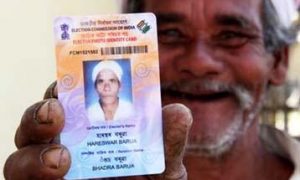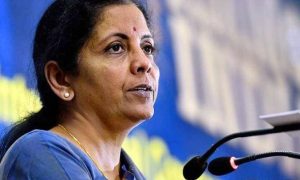E-Insurence: The Insurance Regulatory and Development Authority of India (IRDAI) has mandated the digitisation of insurance policies, effective from April 1, 2024. This directive applies to all categories of insurance, including life, health, and general insurance.
What Is E-Insurence?
E-insurance refers to the electronic management of insurance plans, including life and health policies, through a secure online platform known as an e-insurance Account (EIA).
E-insurance, as mandated by the IRDAI, involves the issuance and management of insurance policies through electronic means. These policies will be accessible through an e-insurance account (EIA), providing policyholders with a secure online platform to manage their insurance plans.
Read More: How To Store e-EPIC On DigiLocker Ahead Of Lok Sabha Elections 2024
Impact Of E-Insurence On Policyholders
Enhanced Convenience
Siddharth Singhal, Business Head of Health Insurance at Policybazaar.com, hailed the move as a customer-centric initiative. He emphasized the convenience offered by e-insurance, noting that policyholders can easily manage their insurance plans through electronic formats.
Streamlined Processes
Singhal outlined several advantages of digitisation, including the elimination of paperwork and the reduced risk of document loss. Moreover, updating details such as changes in address or contact information across multiple policies becomes simplified through electronic means.
Read More: 7 Tips To Assess Your Readiness Before You Invest In A Second Home
Improved Communication and Claims Settlement
The transition to digital insurance fosters seamless communication between insurers and policyholders. This streamlined communication channel facilitates smoother claims settlement processes, ultimately enhancing the overall experience for policyholders.
By leveraging electronic platforms and e-insurance accounts, policyholders can expect increased convenience, heightened security, and improved communication with insurers.





































